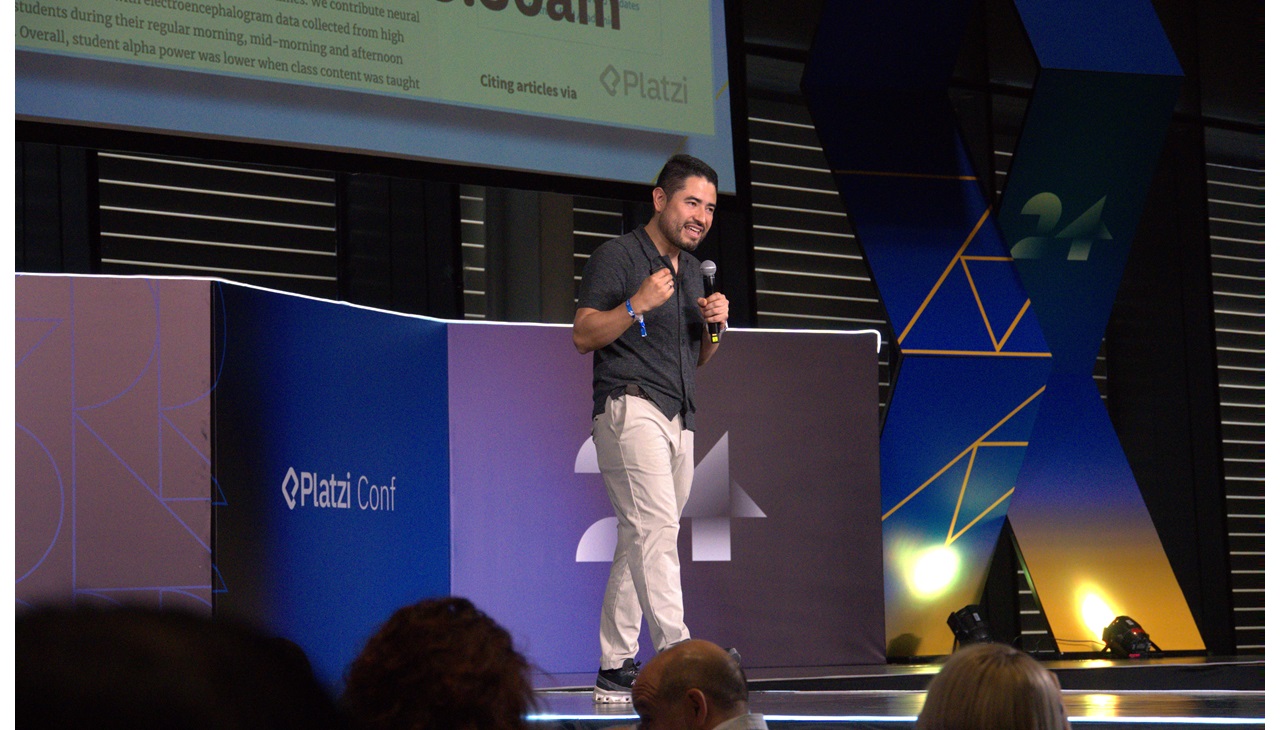
Establishing Hispanic leaders in tech
The Hispanic IT Executive Council (HITEC) launches its Silicon Valley Leadership Summit on Nov. 1.
As technology continues to expand, connecting people across the Americas and beyond, so does the influence Hispanics have on the technological world.
Since 2009, the Hispanic IT Executive Council (HITEC) has been working to promote diversity and Hispanic leadership in corporate tech institutions. The global organization is comprised of senior business and IT executives, including executives of Global 1000 corporations and leaders from a number of the largest Hispanic-owned IT companies in the Americas.
Today marks the launch of HITEC’s Silicon Valley Leadership Summit. The sold out three-day conference, hosted by Intuit in Mountain View, California, includes presentations, speakers and discussions, as well as networking opportunities. A separate event, the HITEC 100 Awards Gala, will be held during the summit on Nov. 2 in Santa Clara, California.
“We’re all passionate about the same thing,” said Andre Arbelaez, President of HITEC, in a promotional video for the organization. “Pushing up our members and pulling up our young rising stars, all the way down to the high school level and up.”
Also in the video, Myrna Soto, Corporate Senior Vice President and Global Chief Information Security Officer for Comcast, referred to the network and support group that comprises HITEC as “very familia.”
RELATED CONTENT
“This is truly a family,” Soto said. “We’ve got people in financial services, media and entertainment, telecommunications, you name it. We’re virtually representing every industry on the map.”
There’s a proven need for HITEC’s efforts. Earlier this year, Michael Connor reported for Wired that the tech industry continues to struggle with establishing diversity. Connor is Executive Director of Open MIC, a non-profit organization that strives to increase the diversity of tech and media companies in both staff and leadership.
Despite research that suggests more racial and ethnic diversity in a company can lead to higher earnings, Connor indicated that inclusion remains low.
“Black people, Latinos, and Native Americans are underrepresented in tech by 16 to 18 percentage points compared with their presence in the U.S. labor force overall,” Connor wrote.
Further, Connor noted that Latinos and black people now earn about 18 percent of computer science degrees in the U.S., but hold only five percent of tech jobs.











LEAVE A COMMENT:
Join the discussion! Leave a comment.